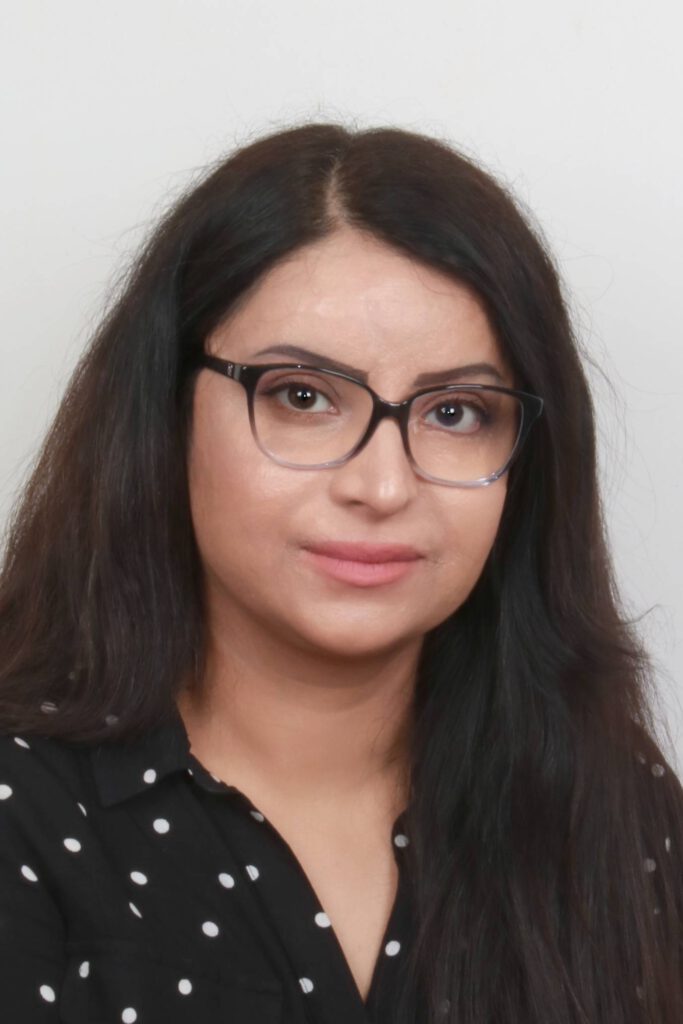
Laily Habib was born in Kabul in 1984. She got her master’s degree at the Ege University of Izmir in Turkey in 2019. Since 2008, she has been an associate professor for the journalism and mass communication department of the Education Faculty at Balkh University in Balkh, Afghanistan.
She worked with Deutsche Welle (DW) on a project titled “Media Development: Challenges and Opportunities in Journalism” in Berlin, Germany. Additionally, she worked as a network administrator trainer for northern Afghan universities at the Information Technology Centre of Balkh University (ITCB). This was supported by the Technical University of Berlin (TUB) to train professional IT administrators for Afghanistan. She has written and published five academic articles (e.g. ‘Media war: the role of media in promoting the rights of environment’) in literary magazines for professors at Kabul and Balkh universities. She also published two international articles in online magazines in Turkey and India.
Topic:
Citizen Journalism: Mediatization of Afghanistan
Habib’s research focuses on citizen media in fragile states, using the rise of YouTube channels in Afghanistan as a case study. The aim is to explore the role and impact of citizen journalism in environments where traditional media is heavily censored and freedom of expression is severely restricted. In such contexts, citizen journalism emerges as a crucial platform for information dissemination and public influence. The research strategy includes both fieldwork and academic engagement—leveraging primary sources and literature while also presenting findings through conferences and university teaching. This dual approach fosters the exchange of ideas and supports knowledge dissemination. Guided by descriptive theory, Habib will employ qualitative and quantitative methods such as surveys, interviews, and observations to explore the research questions and test hypotheses. Recognizing that meaningful research demands sustained effort, Habib is committed to contributing to the understanding of media transformation in fragile contexts.
In 2025, in addition to ongoing research and academic activities, Habib plans to draft a doctoral proposal titled “The Emergence of Afghan YouTube Channels: A Shift in Media and Public Discourse” and author two articles: “Barriers and Opportunities for Content Creators in Afghanistan’s Digital Revolution” and “Digital Diaspora: Identity, Community, and Communication in the Social Media Age.”